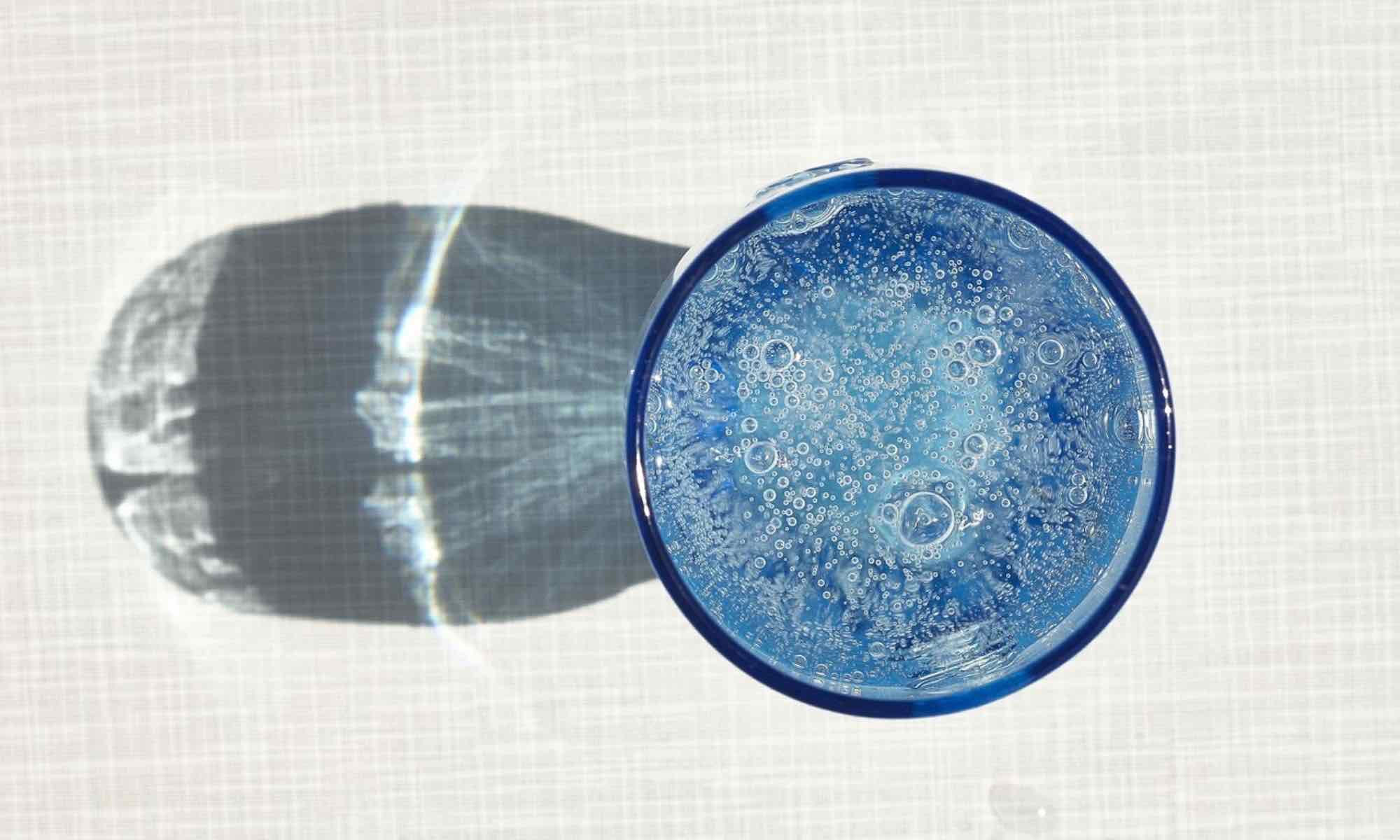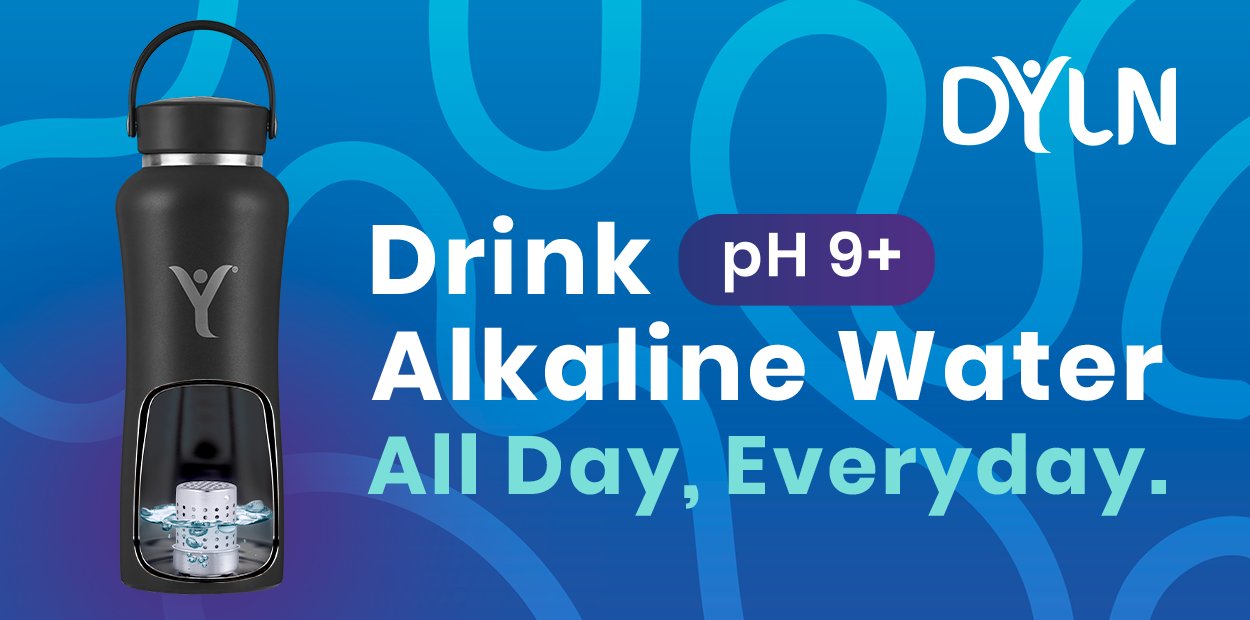We all know that water is an important part of any diet. But while hydration is key to health for all of us, it’s even more important when you’re consuming less carbs. An increasing number of people are discovering the ketogenic diet — in brief, it’s a high fat, low carb diet with strong scientific credentials.
Researchers have found in numerous different studies that the keto diet can aid weight loss and overall health improvement, and this diet is also used to combat some diseases and chronic health conditions — including diabetes, epilepsy, Alzheimer’s disease and some forms of cancer.
But it is a relatively extreme diet, primarily because it requires you to consume very few carbohydrates. One of the side effects of a low carb diet is dehydration.
Why Does the Keto Diet Increase the Chance of Dehydration?
Carbohydrates play a number of important roles in the body’s functioning. Crucially, carbs hold water and sodium within the body. On the keto diet you excrete more salt through your salt, rather than holding onto it within the glycogen stored in your muscles by carbohydrate intake.
So when you eat fewer carbs, you retain less salt and less water.
As well as being careful to drink enough water, it’s important to be aware of the fact that a keto diet involves both less salt consumption (you’re cutting out salty carbs and most processed foods) and more salt excretion. So you also need to include plenty of salt in your diet through sources.
This can be a challenge, especially as many of us have an ingrained understanding that salt is bad. But getting enough sodium (salt) in your system is incredibly important. We need salt to stay alive, and low sodium can cause muscle weakness, cramping, and extreme fatigue.
Add salt to your cooking, and if you think you’re running really low, you can buy salt or electrolyte tablets from your local pharmacy. Making a simple Bouillon stock broth is a great way to up your sodium too, and it hydrates you at the same time!
What Happens if You Get Dehydrated?
Dehydration can range from very mild to very severe. There are several symptoms that are typical of early or mild dehydration, and it’s useful to be aware of these so that you can catch it early:
- Dry mouth
- Dark colored urine
- Headache
- Feeling tired or groggy
- Faster heartbeat
- Feeling dizzy
- Dry skin
- Slower mental performance
Symptoms of more severe dehydration are more urgent, and include:
- Not feeling the need to urinate at all
- Severe headache
- Rapid breathing and rapid heartbeat
- Sunken eyes
- Fainting
The Benefits of Being Hydrated on the Ketogenic Diet
In contrast, the benefits of drinking enough water while you’re following the keto diet generally involve feeling great!

Being well hydrated improves your concentration and mood, and gives you a feeling of overall energy and vitality. Your body feels stronger and more capable, and your muscles work optimally.
Water plays a central role in weight loss, boosting your metabolism and preventing you from mistaking feelings of thirst for being hungry. So if you’re using the keto diet to lose weight, staying hydrating will give you the best possible chance of achieving your goals.
Due to a reduction in fibre from carbohydrates, many people experience constipation when they start the ketogenic diet. Fluid intake is vital to prevent or combat constipation, as it helps to move waste through your digestive tract more easily.
So overall, staying hydrated will support you on your keto journey. It will help you to feel well and adjust to the changes in the food you’re consuming, and it will help you to get the most out of your diet. In addition, it’ll help you stick with it for longer — because you’ll avoid the feelings of tiredness, hunger, and discomfort that are sometimes associated with dehydration on the keto diet.
How Much Water Should You Drink?
There’s actually no hard and fast rule about how much water you should drink on the ketogenic diet — or in general, for that matter. Health experts often recommend drinking eight 8-ounce glasses every day, but as of yet, there is no reliable scientific reasoning for this recommendation.
The United States National Library of Medicine suggests that the average adult should drink between 91-125 fluid ounces (that’s 2.7 to 3.7 liters) of water each day. But others argue that we all need more than this — and we may need even more on low carb diets.
In reality, each one of us is different. Our bodies consume energy at different rates depending on both internal and external factors — from our unique constitution and metabolic makeup, to how much exercise we’re doing, to the temperature of the air around us and the pollutants we’re breathing in.
So (unfortunately for those of us who like numbers and volumes to work from!), it’s important to pay attention to the signals your body is giving you in order to determine whether you’re drinking enough water.
Your body provides signs that you need to have a sip — or chug — or water. If you’re regularly experiencing any of the dehydration signs listed above, then you probably need to drink more. When you feel thirsty, respond.
A simple rule of thumb is to aim for very light colored urine all the time. For most of us, that means having water on hand to take regular sips so that we can avoid going for hours without any water. Drinking little and often, rather than large amounts only a couple of times a day, also helps to prevent drinking too much water.
We recommend carrying your DLYN Bottle with you wherever you go for constant access to delicious alkaline water. Water high in minerals and anti-oxidants, which are added instantly to your water when you fill up your DLYN Bottle, is particularly helpful for those on a ketogenic diet. It’s common to be low in magnesium and calcium when you’re consuming a high fat, low carb meal plan — so you can support your health with more nutrient-rich water.








